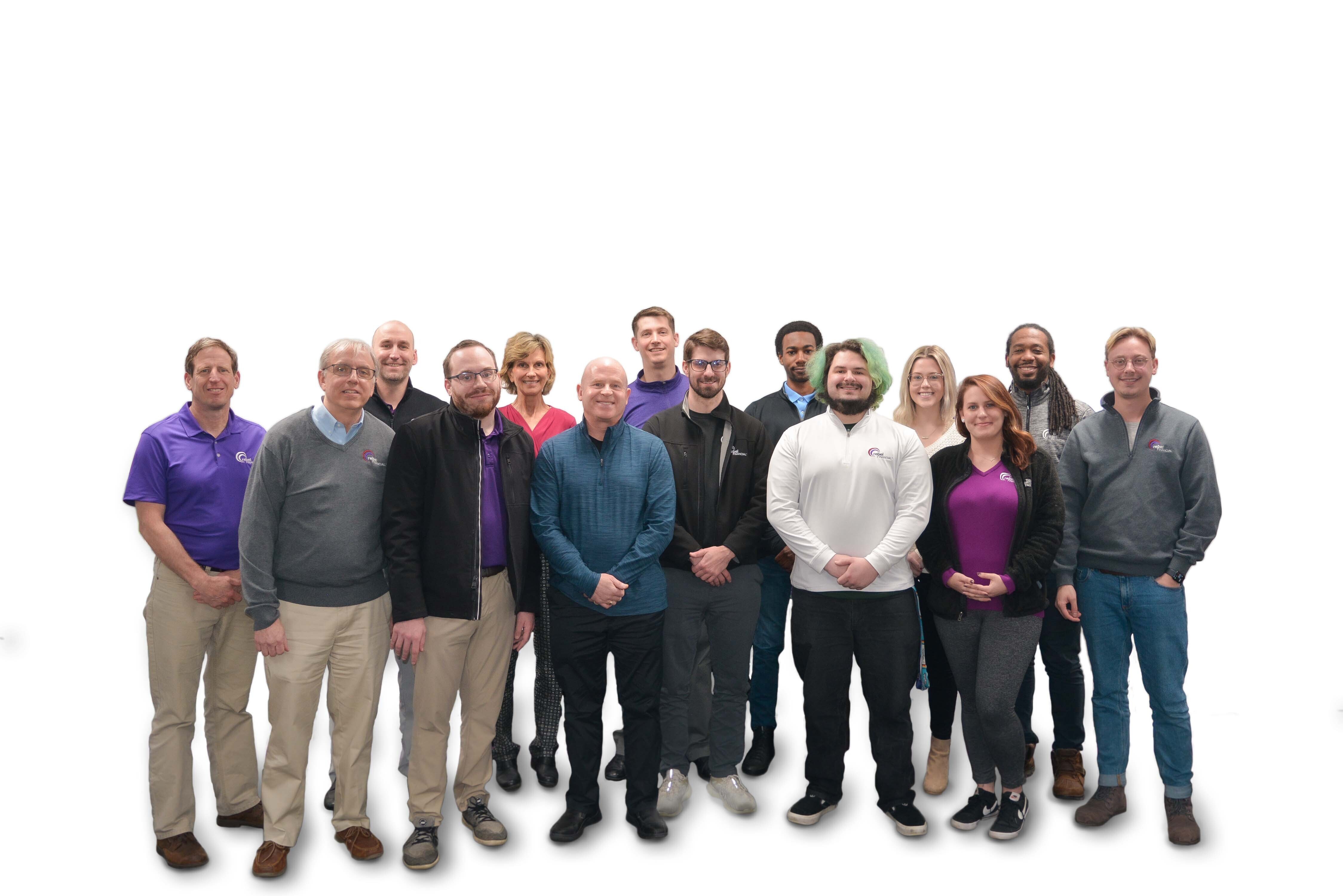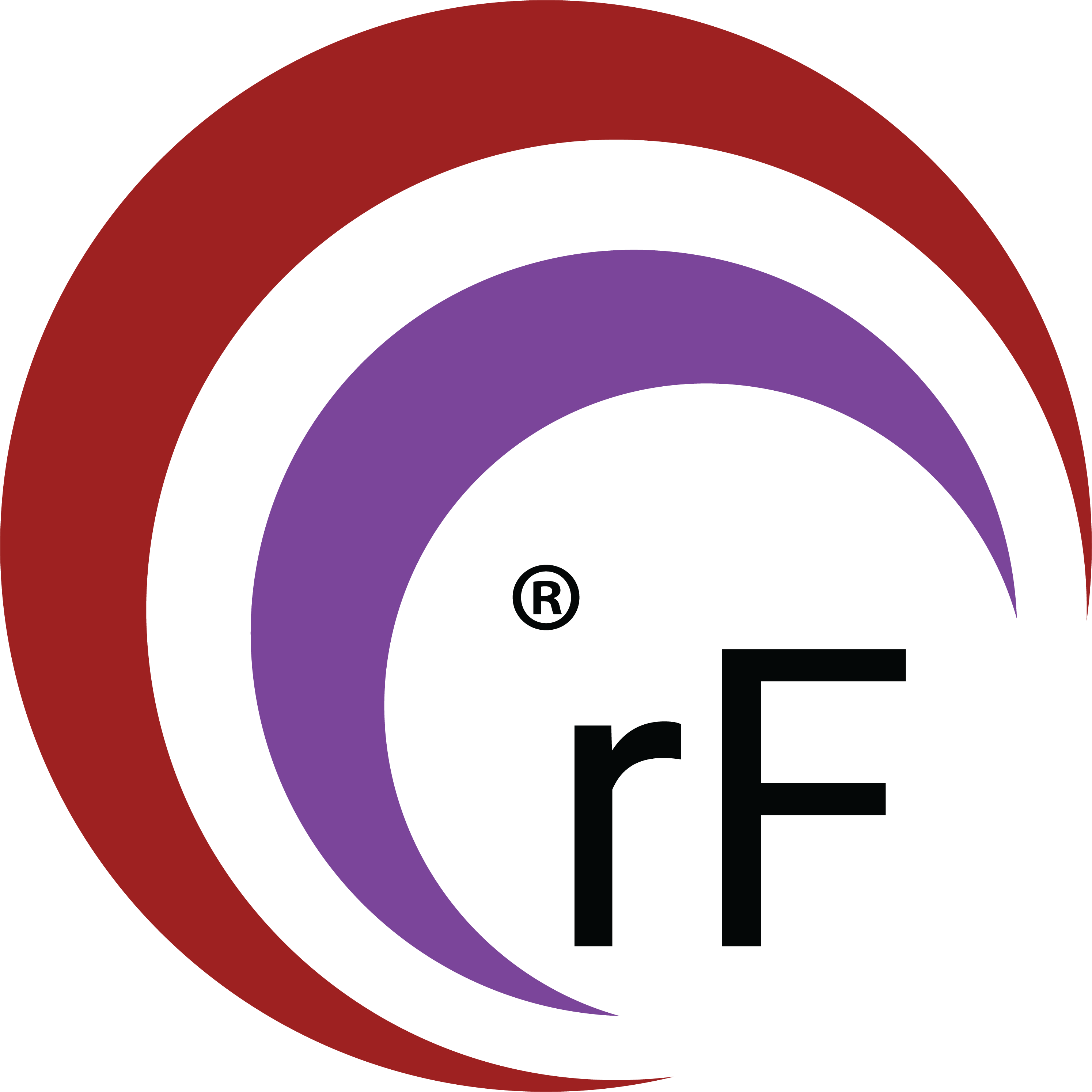

rebel Financial

Ohio, United States
April 2022
Investment advising
Service with Minor Environmental Footprint
United States
rebel Financial is a Registered Investment Advisor (RIA) and operates as a fee-only, fiduciary firm by providing services nationally. rebel serves as an expert that provides financial planning, financial advice, and asset management services to its clients. As a progressive company, rebel offers tiers of services where clients can choose financial planning packages based upon their needs and price range. Alongside offering values-based portfolios such as Christian, Shariah/Halal, and ESG Investing. Founded in 2013 by Phil Ratcliff, rebel Financial is designed to serve its clients' interests before those of large corporate entities. rebel has worked diligently to reduce bureaucracy, increase efficiency, and limit conflicts of interest. Fifteen percent of rebel Financial's profits go to Ratcliff's non-profits; The rebel Financial Foundation, to help fund government scientific and health research, and 4Advisors, to help advisors go independent and start their own advisory firms. rebel is able to donate to these non-profits and benefit the local community by hosting various local charity events, such as rebel's Annual Golf and Sporting Clay Events, along with participating in philanthropic causes such as kiva, Purple Stride, and Speedy Sneakers Racing.
Overall B Impact Score
Governance 13.3
Governance evaluates a company's overall mission, engagement around its social/environmental impact, ethics, and transparency. This section also evaluates the ability of a company to protect their mission and formally consider stakeholders in decision making through their corporate structure (e.g. benefit corporation) or corporate governing documents.
What is this? A company with an Impact Business Model is intentionally designed to create a specific positive outcome for one of its stakeholders - such as workers, community, environment, or customers.
Workers 35.0
Workers evaluates a company’s contributions to its employees’ financial security, health & safety, wellness, career development, and engagement & satisfaction. In addition, this section recognizes business models designed to benefit workers, such as companies that are at least 40% owned by non-executive employees and those that have workforce development programs to support individuals with barriers to employment.
Community 18.7
Community evaluates a company’s engagement with and impact on the communities in which it operates, hires from, and sources from. Topics include diversity, equity & inclusion, economic impact, civic engagement, charitable giving, and supply chain management. In addition, this section recognizes business models that are designed to address specific community-oriented problems, such as poverty alleviation through fair trade sourcing or distribution via microenterprises, producer cooperative models, locally focused economic development, and formal charitable giving commitments.
What is this? A company with an Impact Business Model is intentionally designed to create a specific positive outcome for one of its stakeholders - such as workers, community, environment, or customers.
Environment 6.6
Environment evaluates a company’s overall environmental management practices as well as its impact on the air, climate, water, land, and biodiversity. This includes the direct impact of a company’s operations and, when applicable its supply chain and distribution channels. This section also recognizes companies with environmentally innovative production processes and those that sell products or services that have a positive environmental impact. Some examples might include products and services that create renewable energy, reduce consumption or waste, conserve land or wildlife, provide less toxic alternatives to the market, or educate people about environmental problems.
Customers 30.7
Customers evaluates a company’s stewardship of its customers through the quality of its products and services, ethical marketing, data privacy and security, and feedback channels. In addition, this section recognizes products or services that are designed to address a particular social problem for or through its customers, such as health or educational products, arts & media products, serving underserved customers/clients, and services that improve the social impact of other businesses or organizations.
What is this? A company with an Impact Business Model is intentionally designed to create a specific positive outcome for one of its stakeholders - such as workers, community, environment, or customers.